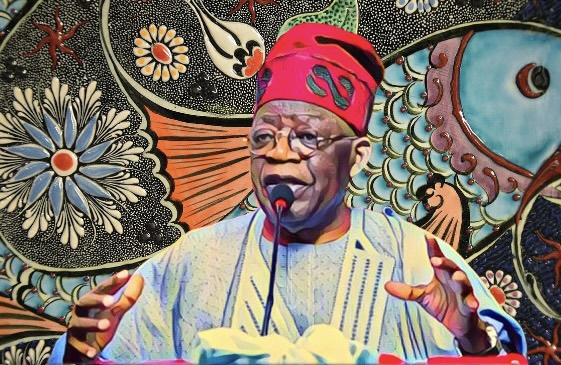In a landmark move, Nigeria’s President Bola Tinubu has directed a sweeping 60% reduction in travel expenses for himself, his office, and other high-ranking officials. This directive, announced on Tuesday, signals a new era of fiscal responsibility and prudence in Nigeria’s government expenditure.
The President’s decision comes amidst growing concerns over government wastage and the need for more efficient use of public funds. Tinubu, in his statement, emphasized that the days of excessive recurrent expenditure and unbridled spending by government officials are over. He stressed the importance of aligning the conduct of government officials with the principles of cost management and prudence expected of Nigerian citizens.
Under the new policy, President Tinubu will be accompanied by no more than 20 persons on any official foreign trip. The Vice President and the First Lady will each have a cap of 5 persons for their respective official travels abroad. For domestic travels, the numbers are set at 25 for the President’s office, 15 for the Vice President, and 10 for the First Lady’s office.
Presidential Spokesman, Ajuri Ngelale, further elaborated on the policy, outlining the significant cost savings expected from reduced allowances and estacodes for delegations. A notable aspect of the directive is the reliance on state security outfits, such as the police, DSS, or military branches, to provide protective details during state visits, thereby cutting costs significantly.
The directive extends beyond the executive office. Limits have been imposed on all ministers of the Federation, restricting international travel to a maximum of four staff members. Heads of agencies are further limited to two staff members for official trips. These measures reflect a concerted effort by the Tinubu administration to curb unnecessary government spending and redirect resources towards more critical areas of national development.
The new travel policy represents a bold step by President Tinubu to address the long-standing issue of government expenditure inefficiency. By setting strict limits on travel and reducing the size of official delegations, the administration is sending a clear message about its commitment to fiscal discipline and economic management.
This move by President Tinubu is not just about cutting costs; it’s about setting a new standard for governance in Nigeria. By taking the lead in implementing these austerity measures, the President is demonstrating a willingness to lead by example in the quest for a more economically stable and prosperous Nigeria.
As the country navigates through challenging economic times, the administration’s focus on cost management and fiscal responsibility is a welcome development. It is a clear indication that the Nigerian government is serious about reforming its financial management practices, ensuring that public funds are used judiciously for the benefit of all citizens.


